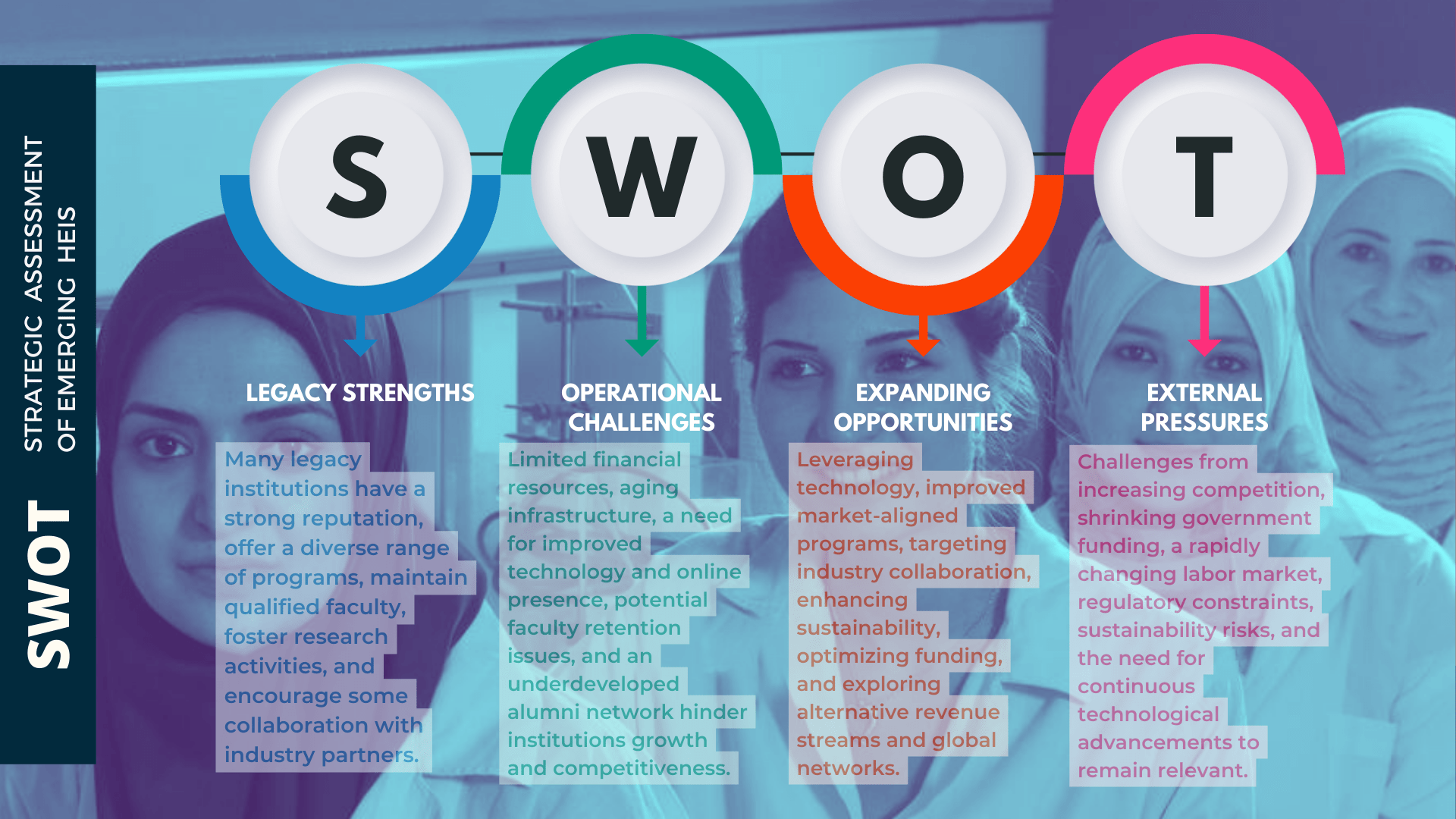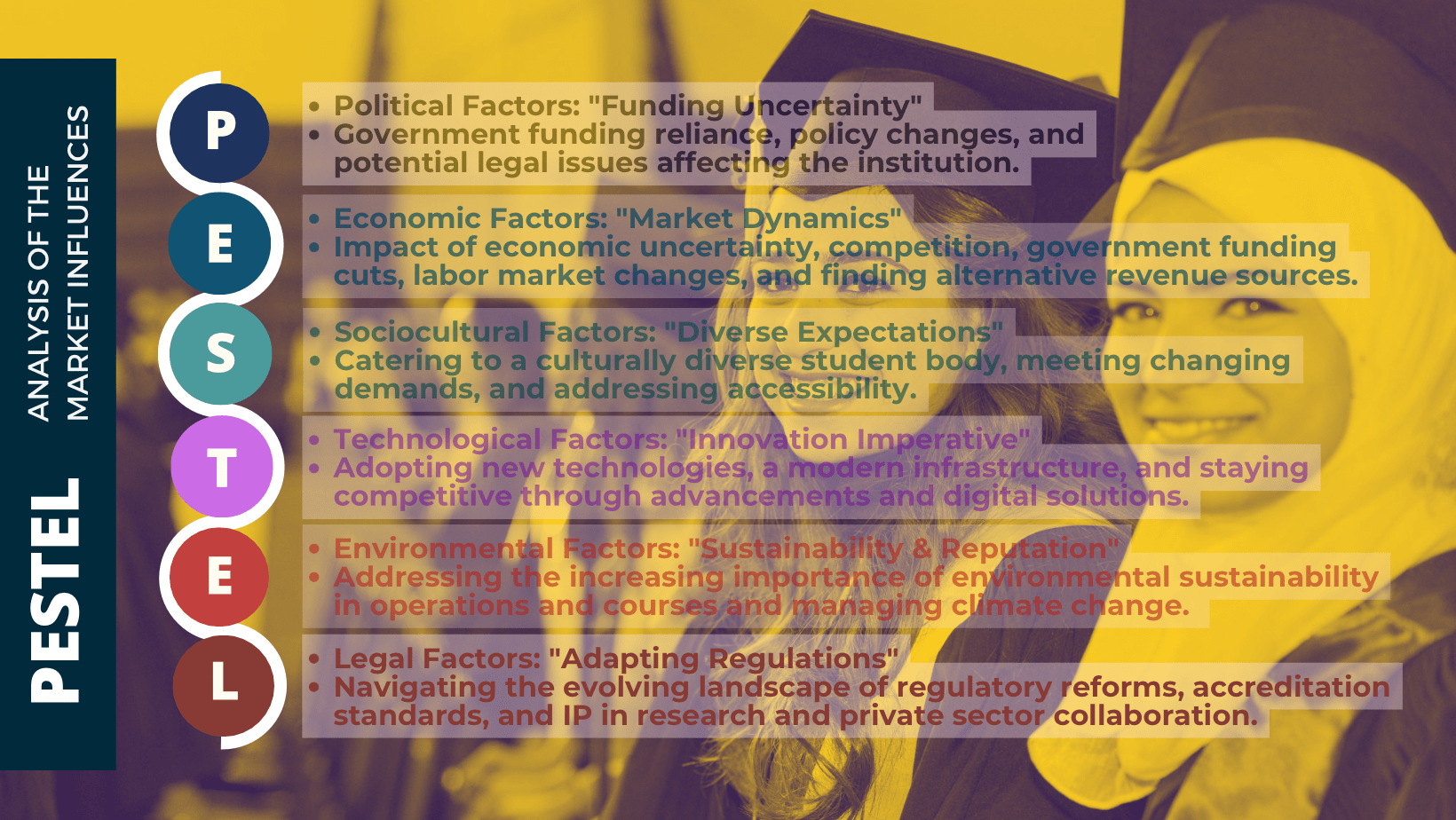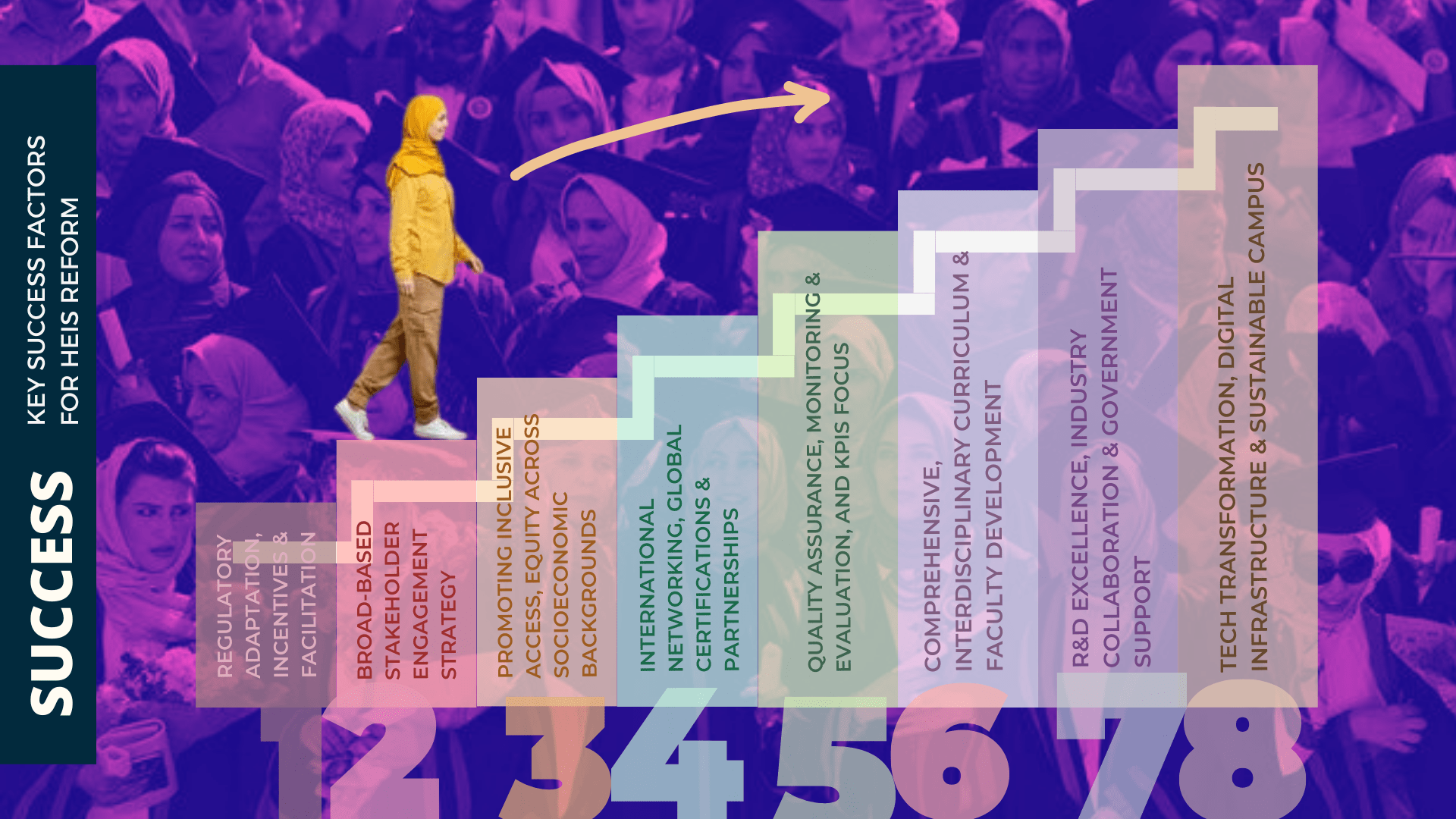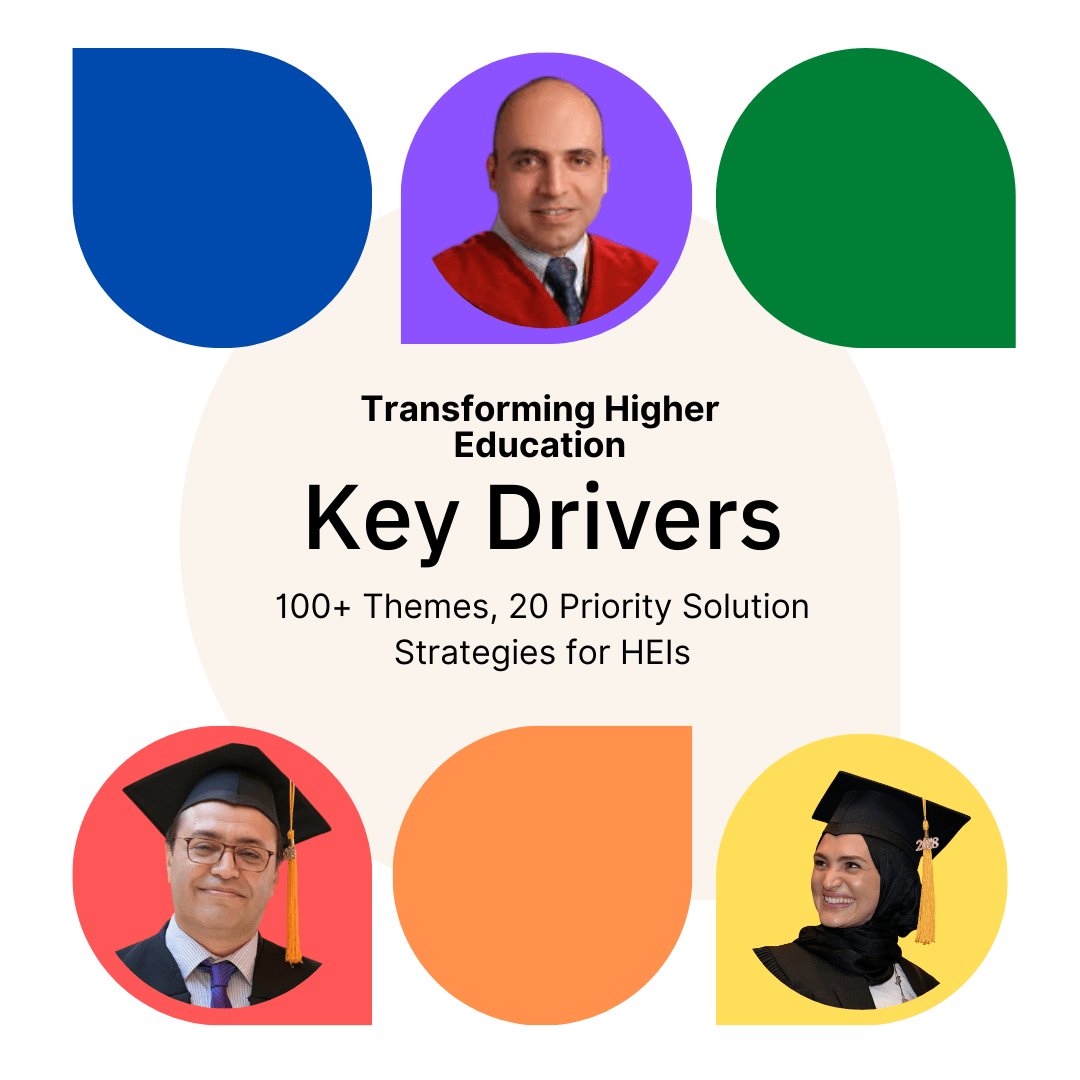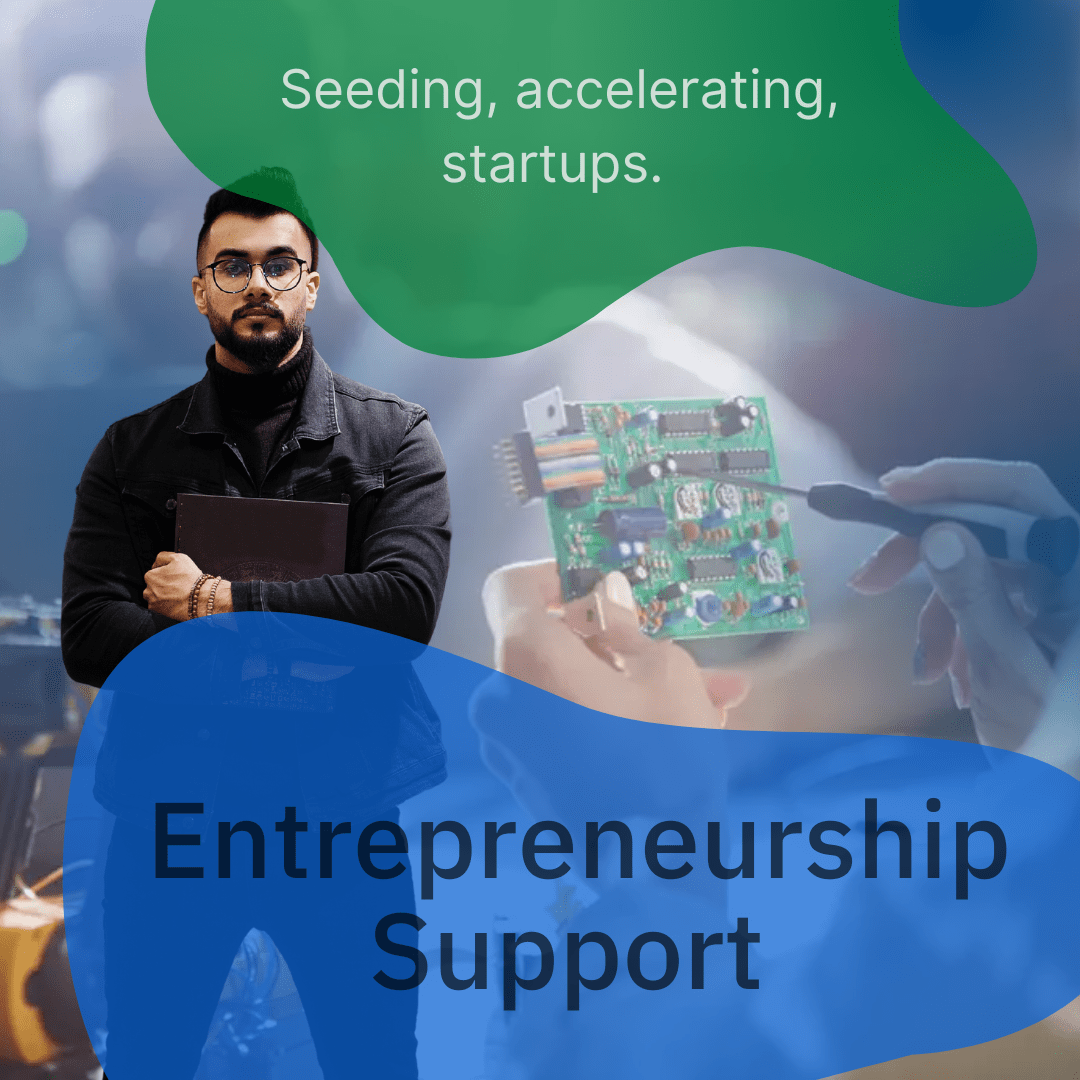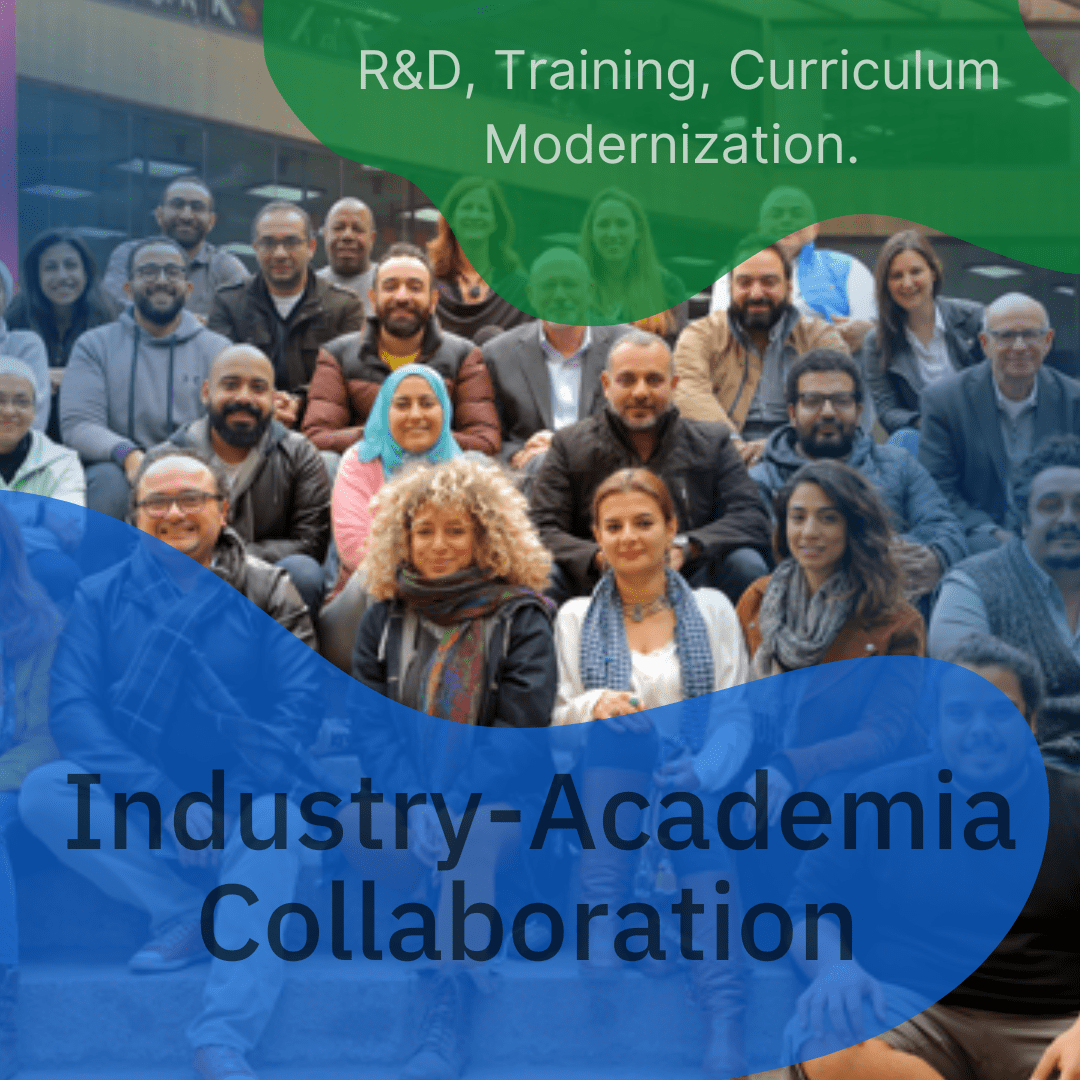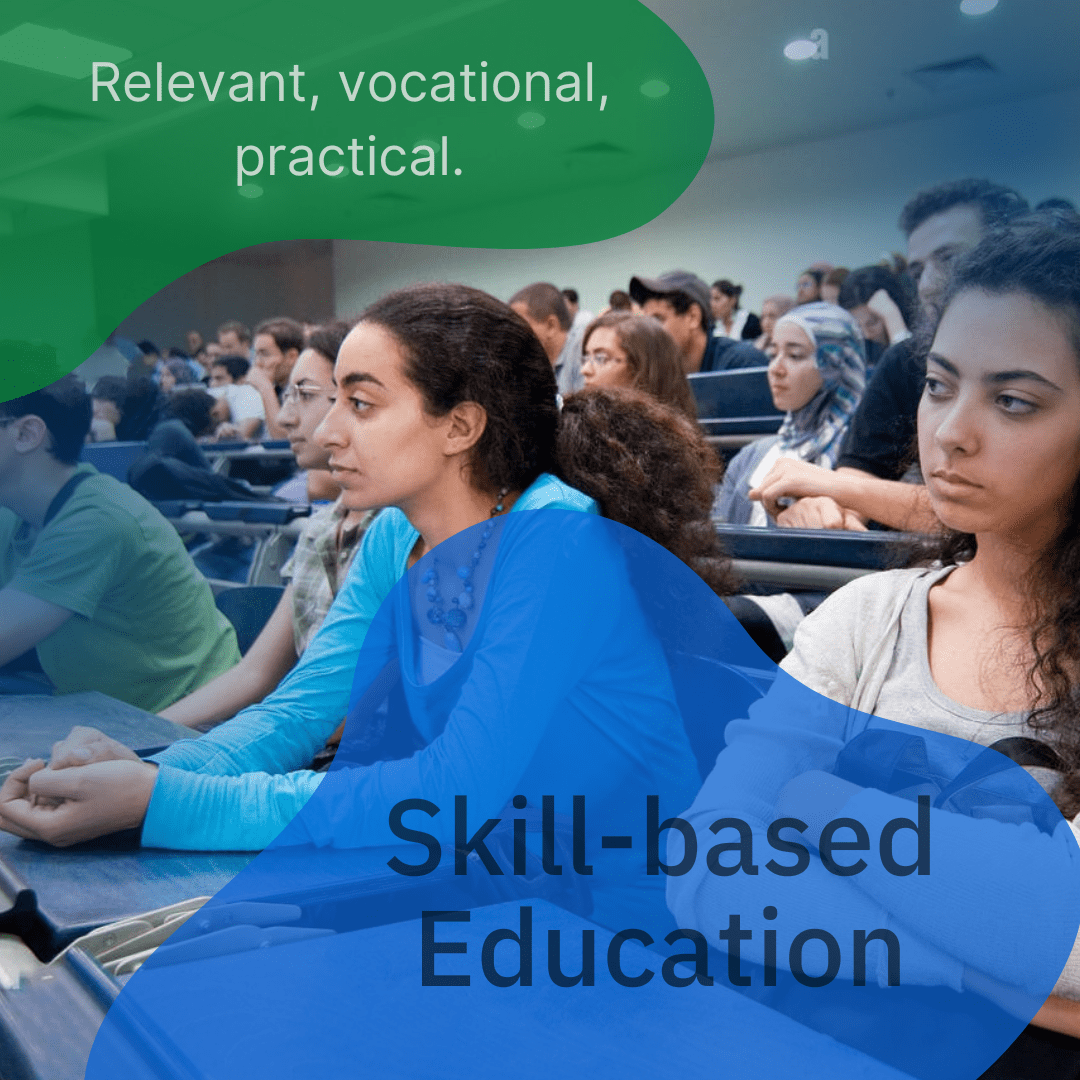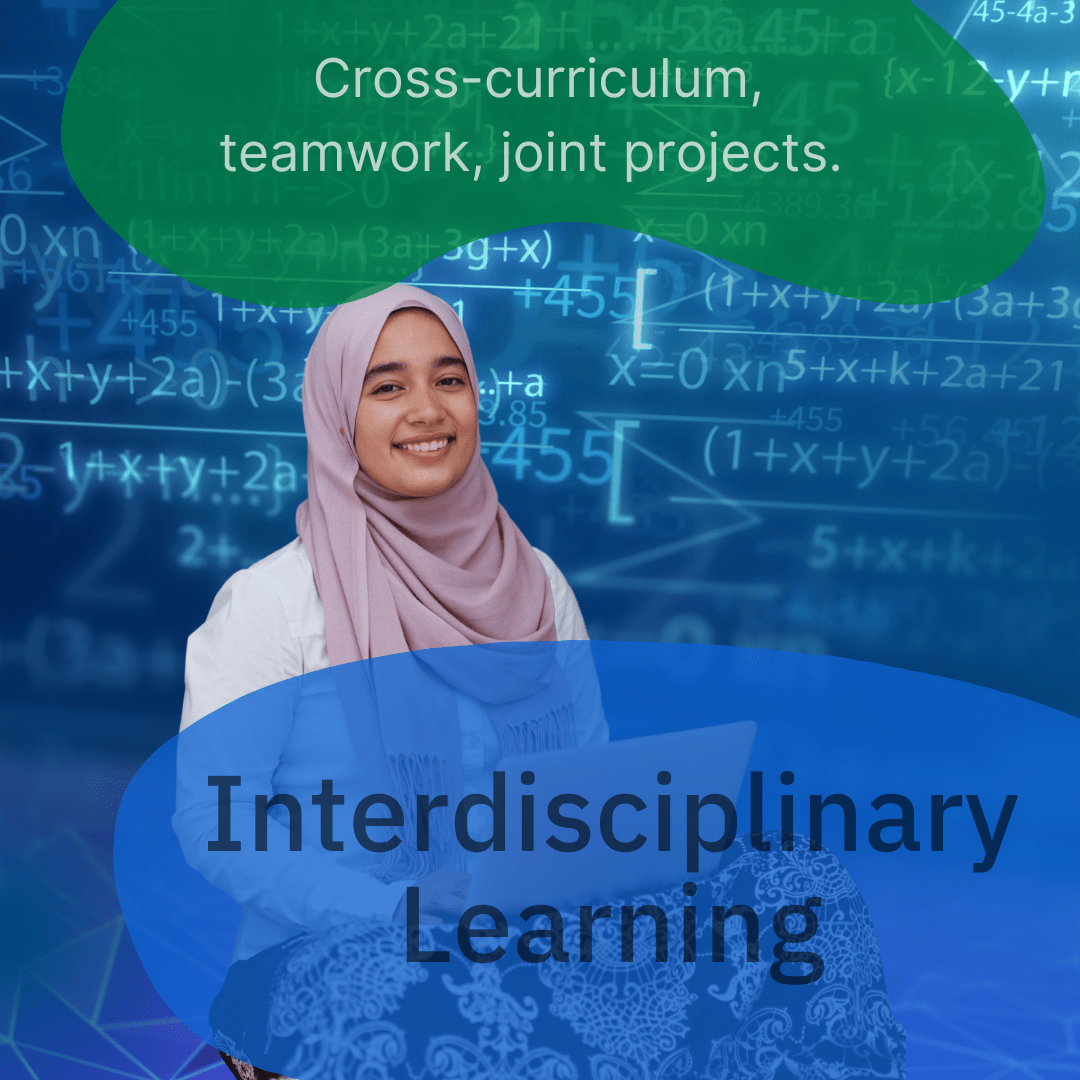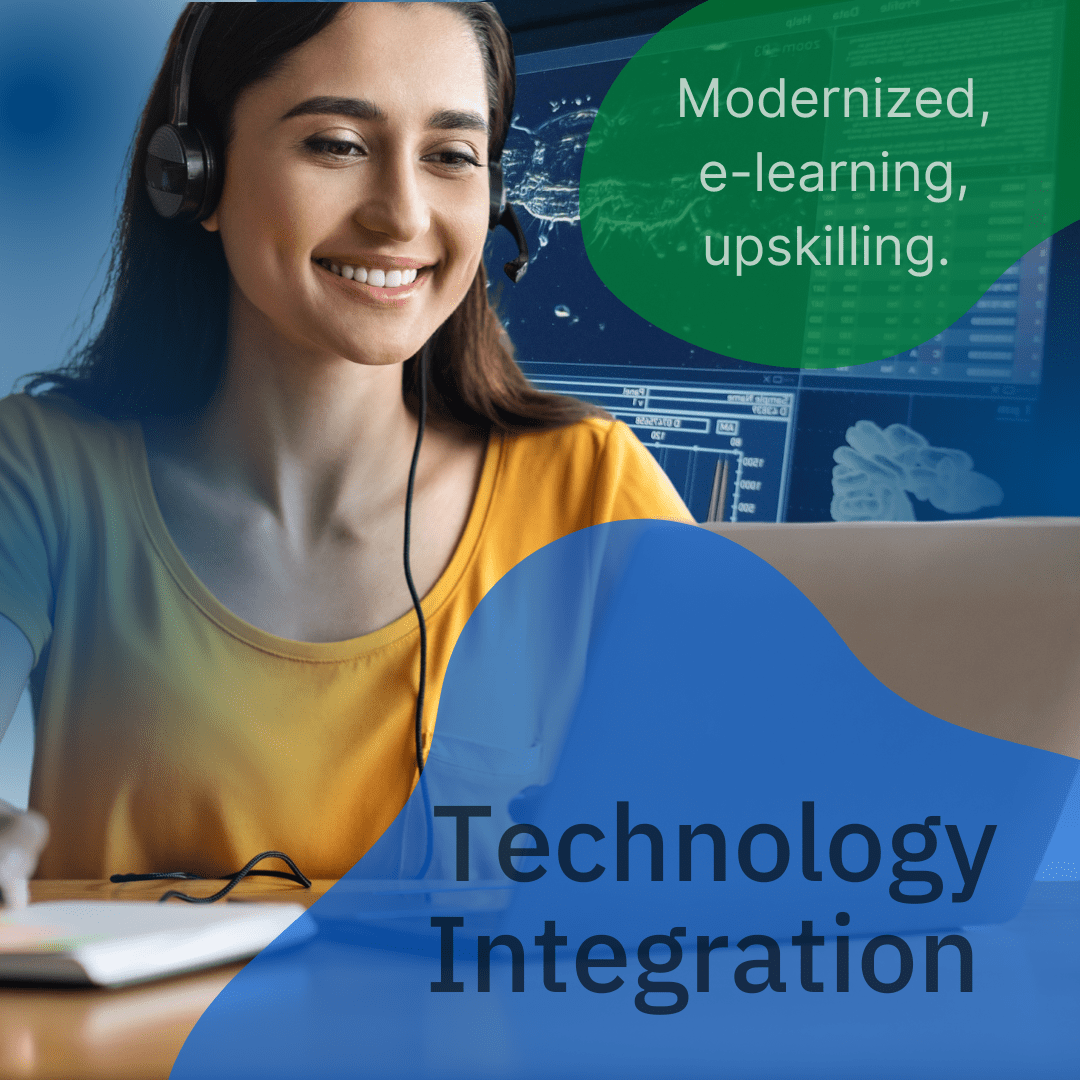
Transforming Higher Education: Industry-Relevant Skills, Market Alignment, Technology Integration, Entrepreneurship Capacity, and Lifelong Learning
We prioritize a framework of interconnected transformative strategies to modernize higher education and build an adaptable learning ecosystem.
Artwork © OHK Consultants, depicting Ahmed Zewail, a Nobel laureate in Chemistry, and Mostafa Al-Sayed, a US National Medal of Science recipient, accompanied by other established and rising academics from developing country backgrounds.
The rapidly changing job market and evolving needs of employers have highlighted the need for transformative reforms in higher education to better prepare students for future pathways. Drawing from our varied experience in educational landscapes, we have framed this challenge through various change themes. Innovative and forward-thinking institutions, combined with interdisciplinary programs, help ready a workforce where market-aligned skills, digital literacy, and a comprehensive understanding of the real industry and management challenges are essential. This, along with adaptability and a more inclusive, equitable, and accessible higher education system, is essential for lifelong learning.
At OHK, we define ‘emerging’ Higher Education Institutions (HEIs) as those that are expanding their offerings or looking to redefine their role in the current education landscape. These institutions may be seeking to innovate and differentiate themselves from traditional models, or they may be responding to changes in student needs and market demands. Emerging HEIs may also face unique challenges related to their scale, resources, and regulatory environment. Our approach to working with reforming these institutions involves a comprehensive assessment of their strengths, weaknesses, opportunities, and threats, as well as a focus on key success factors such as stakeholder engagement, quality assurance, and resource management. By taking a holistic approach to addressing these challenges and opportunities, we help emerging HEIs achieve their goals and establish themselves as leaders in the evolving higher education landscape. Artwork © OHK Consultants,
Through comparing over 50 higher education systems and instiutions, we have identified over 100 transformative themes that define their direction and ambition.
In the context of emerging markets and the developing world, our team has prioritized 20 key change themes that are strongly interconnected and related to each other in various ways. Success in transformation activities often depends on these interconnected themes working together, and tackling complex problems in legacy educational systems by taking on themes in isolation is rarely effective.
By understanding and reinforcing the relationships between these themes, educators and policymakers can better address higher education's challenges and opportunities. This can create a more effective and responsive education system that meets the needs of both learners and employers and delivers meaningful outcomes for social mobility and society as a whole.
In emerging education systems, several priority themes play a central role in their development and effectiveness. These themes include skill-based education, technology integration, entrepreneurship education, industry-academia collaboration, interdisciplinary learning, global exposure, lifelong learning, personalized learning, project-based learning, flexible learning pathways, industry certifications, focus on soft skills, social impact education, inclusivity and diversity, data literacy, community partnerships, mental health support, learning analytics, agile learning, and future skills education. Each theme provides the foundation, context, or support for others to be successful or effective.
For instance, the "input" themes for "Skill-based education" are "Inclusivity and diversity" and "Technology integration." Inclusivity and diversity are vital because they ensure education is accessible to all learners, regardless of their background, while technology integration enhances the delivery and effectiveness of skill-based education. The themes connected or related to a particular theme and those which the specific theme influences are the "output" themes, impacted or enhanced by the implementation of that theme. In the case of "Skill-based education," the output themes are "Lifelong learning," "Entrepreneurship education," and "Future skills education." Skill-based education assists learners in acquiring relevant and in-demand skills in the job market, preparing them for future careers and lifelong learning opportunities.
Helping Emerging HEIs Revolutionize with Innovative Tech Solutions: OHK's Expertise in Institutionalizing Digital Platforms for R&D Networking, Funding, Management, and Performance Tracking.
Technology is a key theme that cuts across different areas of higher education and is critical to transformation efforts. At OHK, we are passionate about creating digital solutions that enable Higher Education Institutions to leverage technology innovatively. Our overarching goal is to help HEIs become effective, 21st-century tech-enabled players in the innovation supply chain within their country and across borders. Our team has diverse experience in developing solutions at the intersection of R&D and commercialization, innovation grants management and research funding and matchmaking between industry, government, finance, and HEI researchers.
We also focus on digitizing the processes of networking and collaboration and knowledge management systems for HEI R&D to facilitate IP generation, increase exposure and partnerships, and monetize research outcomes. Across these solutions, we help institutions streamline processes, grandfather technology platforms, manage resources more effectively, and ultimately achieve strategic goals.
“At OHK, we believe that every transformative education ambition has a silver lining that can be addressed through technology. Our mantra is a question that we like to answer: can a well-designed, purposeful, objective-focused, modern IT platform, empowered by the internet and designed with modern software tools and databases, serve as productivity tools to connect researchers, institutions, and countries to collaborate and maximize knowledge and its outcomes? If the answer is yes, then we like to have a crack at developing it.”
— OHK at the 10th World Economic Forum on the Middle East and North Africa, Dead Sea, Jordan
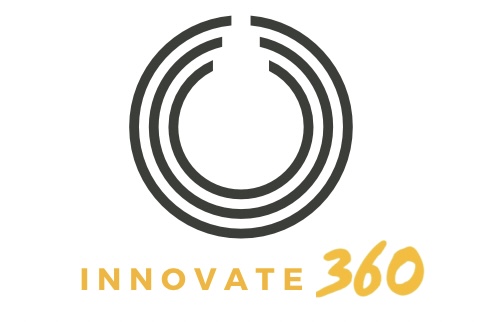
“Education is not preparation for life; education is life itself," and "The whole purpose of education is to turn mirrors into windows." — John Dewey, and Sydney J. Harris, respectively.

